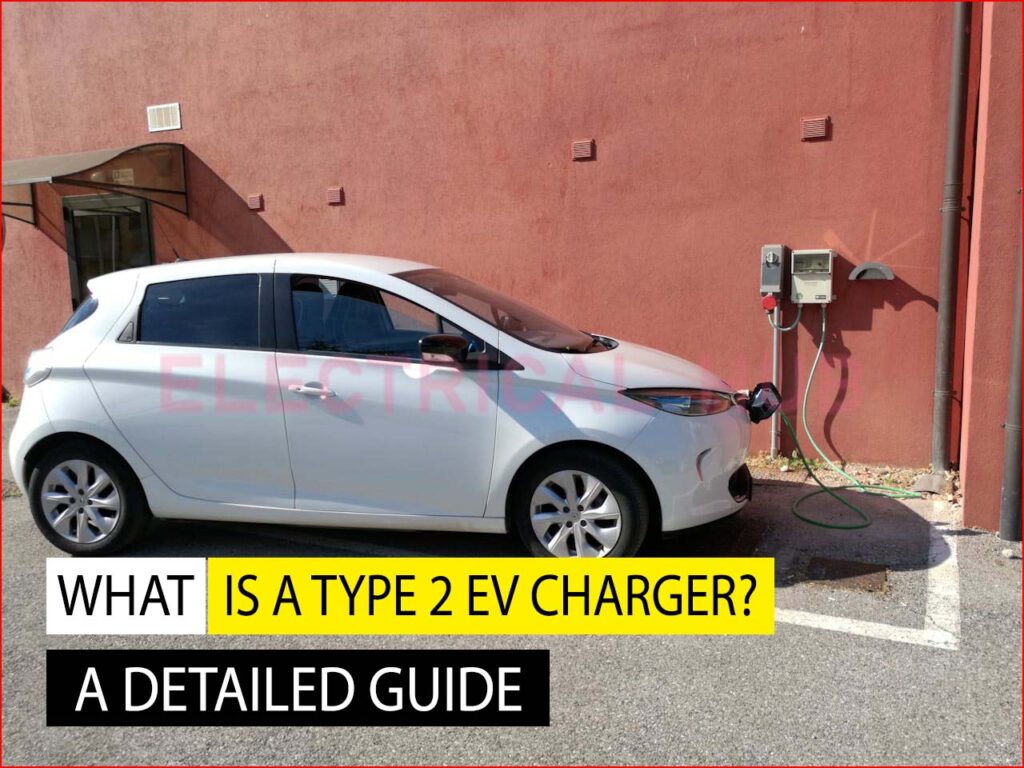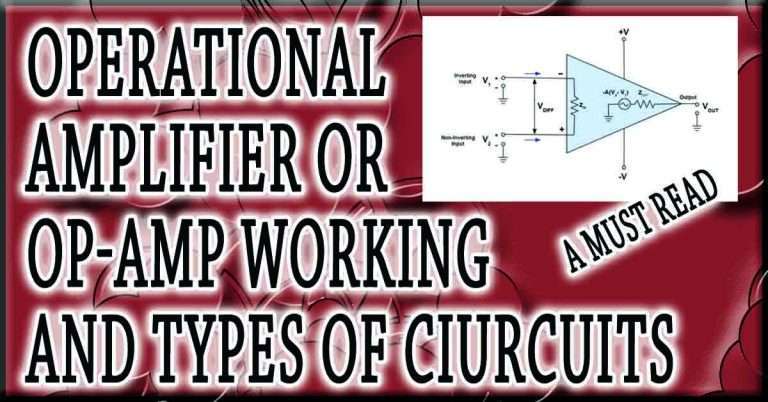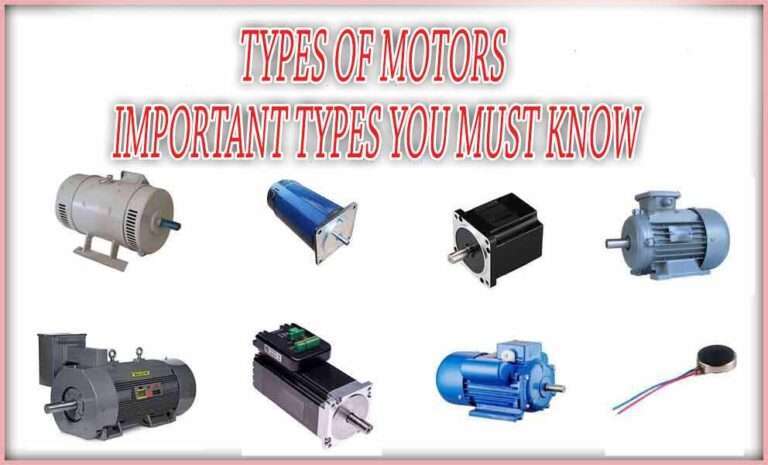What is a Type 2 EV Charger? Best Overview
Electric vehicles (EVs) are the future of transportation, and their growth has brought a need for reliable and efficient charging solutions. Among the various types of EV chargers, Type 2 EV charger stands out as the most commonly used charging system in Europe and many parts of the world. They offer versatility, faster charging speeds, and compatibility with a wide range of vehicles. But what exactly is a Type 2 EV charger, how does it work, and why is it important for EV owners? Let’s dive into the technical details, features, applications, and advantages of Type 2 EV chargers.

Table of Contents
Table of Contents
Overview of a Type 2 EV Charger
A Type 2 EV charger, also known as a Mennekes charger, is a standard AC (alternating current) charging system for electric vehicles. The connector features a seven-pin design, enabling it to support both single-phase and three-phase charging.
This versatility makes it suitable for home, public, and workplace charging stations. The Type 2 connector adheres to the IEC 62196-2 standard, which is widely accepted in Europe and other regions.
Technical Specifications:
- Voltage Range: 230V (single-phase) to 400V (three-phase)
- Current Capacity: Up to 32 amps (depending on the charger model)
- Maximum Power Output: 22 kW (three-phase), 7.4 kW (single-phase)
- Connector Type: Circular design with a latch for secure locking
- Communication Protocols: Supports basic communication between the EV and the charging station to ensure safe and efficient power delivery.
Learn more about 7kW EV Charger Cost
How Does a Type 2 EV Charger Work?
The charging process with a Type 2 EV charger begins when the EV is plugged into the charging station. The charger communicates with the vehicle’s onboard charging system through a control pilot signal. This ensures the correct amount of current is delivered, depending on the vehicle’s battery capacity and the charger’s capability.
For home installations, a Type 2 charger typically uses single-phase power, providing up to 7.4 kW of charging power. This translates to roughly 20-30 miles of range per hour of charging. For public or workplace charging stations, three-phase power can deliver up to 22 kW, allowing faster charging speeds.
Features of a Type 2 EV Charger
- Compatibility: Supports almost all modern electric vehicles in Europe, such as the Tesla Model 3, BMW i3, Audi e-tron, and Nissan Leaf.
- Flexibility: Works with both single-phase and three-phase power systems, making it adaptable to various setups.
- Safety Mechanisms: Includes features like automatic shutoff, ground fault detection, and temperature monitoring to prevent overheating.
- Smart Charging: Many Type 2 chargers come with Wi-Fi connectivity, allowing users to monitor and control charging sessions via smartphone apps.
- Durability: Designed for both indoor and outdoor use, with weatherproof and dustproof enclosures.
Learn more about Portable EV Charger Level 2
Applications of Type 2 EV Chargers
Type 2 EV chargers are widely used in various settings due to their versatility and efficiency:
- Residential Charging: Homeowners install Type 2 chargers to conveniently charge their EVs overnight. With a Wiring Size Calculator, you can ensure the installation meets electrical safety standards.
- Public Charging Stations: Many public charging networks feature Type 2 chargers, providing compatibility for most EVs.
- Workplace Charging: Businesses install these chargers to support employees and promote sustainable transportation.
- Fleet Charging: Ideal for electric taxi fleets or delivery vehicles, where faster charging is a priority.
Advantages of Type 2 EV Chargers
- Faster Charging: Compared to a Type 1 charger (used in North America), Type 2 chargers provide higher power output, enabling quicker charging times.
- Wide Compatibility: Works with most electric cars and plug-in hybrids.
- Convenience: Easy to use with a simple plug-and-charge design.
- Cost-Effective: Affordable installation for home use, especially when paired with a Wiring Size Calculator and proper planning.
- Future-Proof: The Type 2 standard is widely supported, ensuring long-term compatibility.
Learn more about Generator Sizing Calculator for VFD Motors
Supported Vehicles and Batteries
Type 2 EV chargers are compatible with a vast array of electric vehicles and battery systems. Some of the popular models include:
- Supported Vehicles: Tesla Model S/3/X/Y, Audi e-tron, BMW i3/i4/iX, Mercedes-Benz EQC, Volkswagen ID.3/ID.4, Hyundai Kona Electric, Kia EV6, and more.
- Supported Batteries: Lithium ion batteries of various capacities, ranging from smaller batteries in plug-in hybrids to larger ones in long-range EVs.
Trusted Brands for Type 2 EV Chargers
When selecting a Type 2 EV charger, it’s essential to choose a trusted brand to ensure safety, reliability, and efficiency. Some of the top brands include:
- Tesla Wall Connector: Designed specifically for Tesla vehicles but compatible with other Type 2 EVs using an adapter.
- Wallbox Pulsar Plus: Compact, smart charging with app connectivity.
- Zappi Charger: Eco-friendly option with solar energy compatibility.
- JuiceBox Pro: Offers high power output and smart features.
- Rolec EV: Durable and affordable chargers for home and public use.
Learn more about Best Portable EV Charger
Installation Considerations
Before installing a Type 2 EV charger at home, it’s important to assess your electrical setup. Use tools like the EV Charger Load Calculation or consult a professional to determine the appropriate power capacity and wiring requirements. Ensure that a certified electrician handles the installation, as outlined in the guide Can Any Electrician Install an EV Charger? Proper installation is critical to avoid electrical hazards and ensure optimal performance.
Additionally, you might wonder, How Much to Install an EV Charger at Home? Costs can vary based on the charger type, electrical upgrades, and installation complexity. For safety and performance, always use the recommended Cable Size for EV Charger based on your setup.
Does Fast Charging Ruin EV Batteries?
While Type 2 chargers typically rely on AC power and are less likely to harm the battery compared to DC fast chargers, it’s essential to follow best practices. Regular AC charging is gentler on the battery, extending its lifespan. For more details, check out our article, Does Fast Charging Ruin EV?
Conclusion
A Type 2 EV charger is an excellent choice for EV owners seeking faster, efficient, and reliable charging solutions. With wide compatibility, advanced safety features, and flexible power options, it’s no wonder this standard is so popular across Europe and beyond. Whether you’re charging your vehicle at home, at work, or on the go, investing in a high-quality Type 2 charger ensures you get the most out of your EV experience. With trusted brands, thoughtful installation, and the right accessories, you can enjoy the convenience and sustainability of electric mobility.
Learn more about Demand Factor as Per NEC
Follow Us on Social:
Subscribe our Newsletter on Electrical Insights for latest updates from Electrical Engineering Hub
#Type2EVCharger, #EVCharging, #ElectricVehicle, #EVChargerType2, #EVChargerGuide, #EVChargingStation, #ElectricCarCharger, #EVInfrastructure, #Type2ChargingCable, #SustainableTransportation, #ElectricVehicleCharging, #EVChargerConnector, #Type2ChargerSpecs, #FutureOfMobility, #GreenEnergySolutions


